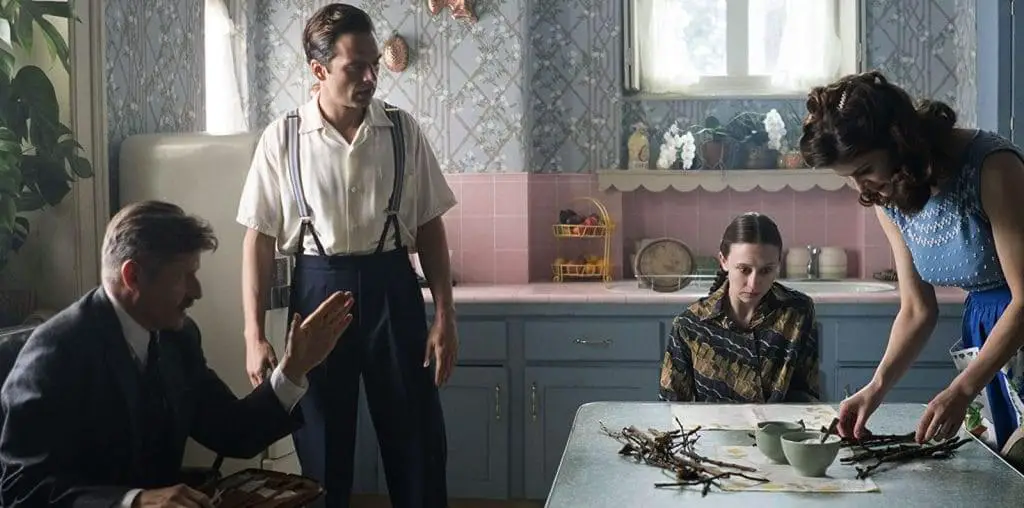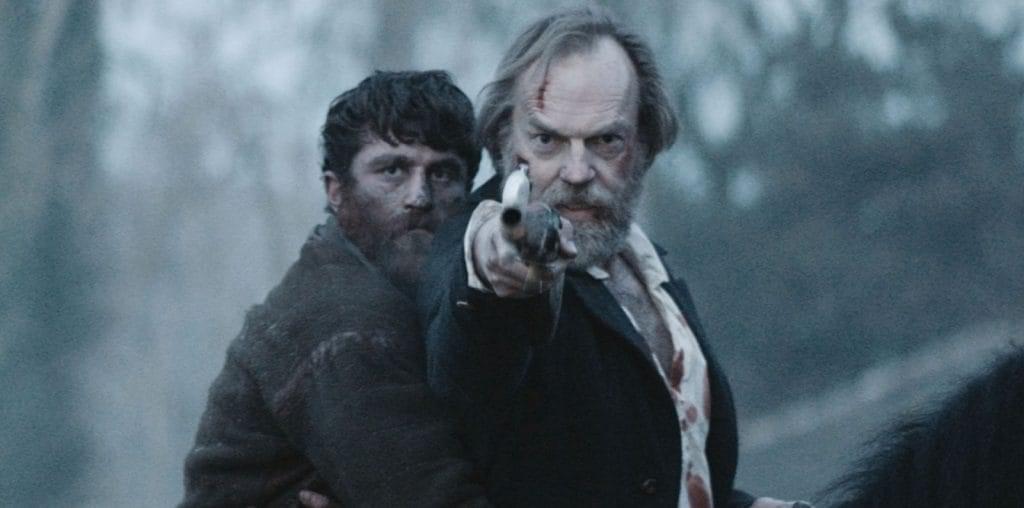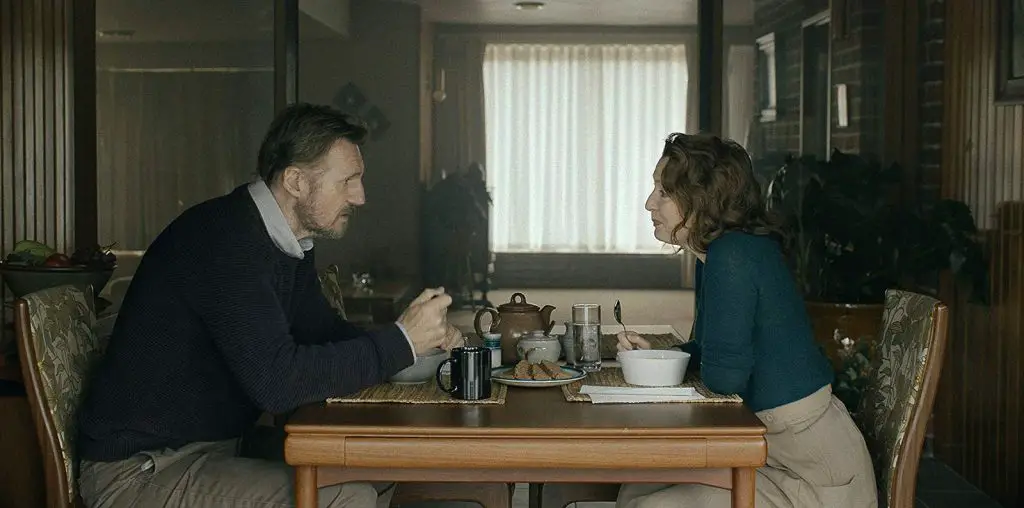
What tips would you give to someone who wanted to make a documentary and knew the person they wanted to document might be a difficult subject?
Well, the easy bit of advice is just don’t go there. It’s a painful trip. It’s how much you’re going to learn through this person. To me, it’s all about the journey, really. Whether it’s worth it. In this case, there’s a challenge, and it’s whether or not you can actually handle it. It’s very much in your mind when you take on someone like Shane (MacGowan) because the road is strewn with corpses. And you don’t want to be on the retreat from Moscow or anything like that.
Did you originally meet Shane when you were filming concerts in the seventies? Because I know he was kind of a fixture at punk shows in London.
In Crock of Gold is my footage. I was the first person to interview him—that interview where he’s got the peroxide hair that you had to have as a newborn punk. Put the peroxide on like Marlon Brando in Julius Ceasar. So yeah, I knew him then. I knew him because he was a face on the scene, and I was filming the scene. But, I didn’t really know him until I walked back into his life a couple of years ago when he asked me if I’d come to see him about making this film.
I wasn’t sure how this came about, so he asked you to do the documentary?
Yeah, he and his friend/manager Gerry O’Boyle asked me, and I wasn’t sure because I was finishing another film and couldn’t start immediately. I also weighed out whether or not I could put myself through it, you know. Which I’m glad I did. I think movies are difficult. You feel like you’re walking on gilded splinters every time. It’s never going to be easy. In some ways, the more difficult it is, the more purging experience. It’s good for the soul to walk through that gasoline storm.
“…these conversations were an attempt to elicit some relevant things from him.”
Why was the documentary set up to where the people who were interviewing Shane McGowan weren’t you. Why was it Johnny Depp or McGowan’s sister or his wife?
Well, the first thing he said once I agreed to do it was, “I’m not doing any interviews.” So these conversations were an attempt to elicit some relevant things from him. Like the Johnny Depp conversation took eight hours to film, we probably used about three minutes of relevant things to Shane’s story. There were these long things about Kris Kristofferson, I remember, or Harold and Maude, or Jerry Lee Lewis. I mean, good stuff, but not really about Shane. So, we had to hang in there for eight hours and see what we got.
I think that’s the other reason to do films with difficult people. They force you into inventing your ways out of corners that they stick you in. When you can’t get an interview, try these conversations. As a result, you get three different versions of Shane. The Johnny Depp one is one Shane, with Bobby Gillespie, it’s another Shane, and with Gerry Adams, a very different Shane from those two. You’re seeing different facets of the man’s persona that you wouldn’t have if you sat him in front of a camera and a big camera crew. It’s like every other wrinkly old rockstar in an armchair. You’re not gonna get much out of that, really. Whereas, if you’re patient enough…
First time I went to Dublin, when I’d agreed to do the film, having met him previously in London, he was sitting and watching a David Attenborough show about a snow leopard. You know, the most elusive of earthly beasts. Where Attenborough’s crews had to set up all around the forest and wait for months for the elusive snow leopard to trigger them, it felt a bit like that—waiting for Shane, not knowing whether or not he was going to turn up. Not knowing if it would end in tears for the other person. That they’d be so humiliated or just abused that they’d have to leave the room. There was an element of danger, and it was like trying to capture the snow leopard, which made it a different type of pursuit than the normal documentary. We had to go all over the place. Every attic in Europe that a journalist might have spoken with Shane. Bill Bellow in 1984 at four in the morning in some bar. “Hey, you got any micro-cassettes? Doesn’t matter what it sounds like!” That was much better because you got these really unguarded, spontaneous insights into who Shane really is in that context that you again wouldn’t get in a traditional type of interview grilling a rockstar.
I think it’s refreshingly devoid of bullsh*t for the most part–
For the most part, you can’t get rid of it altogether.


